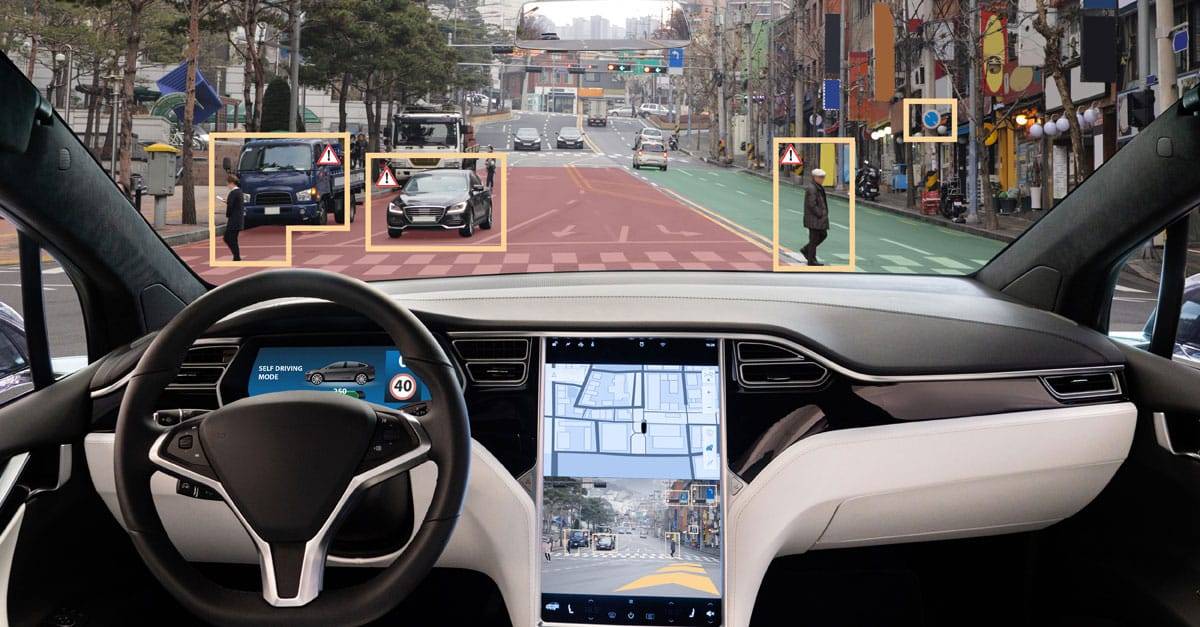In the spring, the Swiss Parliament decided on a partial revision of the Road Traffic Act (SVG) and thus created the framework conditions for autonomous driving. The Federal Council has now concreted these legislative provisions. Consultations on the law will last until February 2024.
Cooperation with the Automation System
Vehicles with automation systems, like all other motor vehicles, need type approval in order to be placed on the market. Vehicle manufacturers must demonstrate how road safety and traffic flow are ensured during the lifetime of an automation system.
Drivers can release the steering system once the automation system is activated. So it says they no longer have to monitor traffic and the vehicle all the time. However, you must be prepared to re-operate the vehicle at any time when the system requests it to do so or the system reaches its limit.
No more distant Future
Autonomous driving is currently not allowed under Swiss law. Man can only drive with the partially automated operation of vehicles. The Swiss Road Traffic Act (SVG) requires the driver to have control of the vehicle at all times. Thus, the responsibility for the vehicle also rests with the person driving it. In addition, the traffic regulation (VRV) states that attention must be paid to the road and traffic, and the steering wheel must not be released while driving.
Wealth Aggregation: Simple, Dynamic, and Secure Beyond Compare. Discover the Altoo Wealth Platform!
For a long time, autonomous driving was not a subject, for fear of consequences. But many experts have believed in it. For example, Remo Müller of allthisfuture, the WWZ Innovation Laboratory, predicted in 2021 for the portal wwz.ch that autonomous driving will prevail until the 2030s: «Then there will be a similar effect as after the introduction of the seat belt: without it, you feel less secure. There comes a time when it is considered safer to be driven by a machine that checks the environment for hazards several thousand times per second,” he said.
The Case of Tesla in Front of the Court
Recently, a federal court in California, US has negotiated the first lawsuit against the U.S. electric car manufacturer Tesla concerning autopilot driving. The manufacturer was held liable in court for fatal accidents involving his vehicles when the autopilot was on. Tesla denied liability and blamed drivers. “When under human supervision, the autopilot is secure”, declared the manufacturer.
Tesla won this first U.S. trial over allegations that its autopilot driver assistant feature led to a death. In the verdict, the juries declined to find that its software was defective. Tesla has been testing and rolling out its Autopilot and more advanced Full Self-Driving (FSD) system, which Chief Executive Elon Musk has touted as crucial to his company’s future but which has drawn regulatory and legal scrutiny. The outcome in civil court shows Tesla’s arguments are gaining traction: when something goes wrong on the road, the ultimate responsibility rests with drivers.









